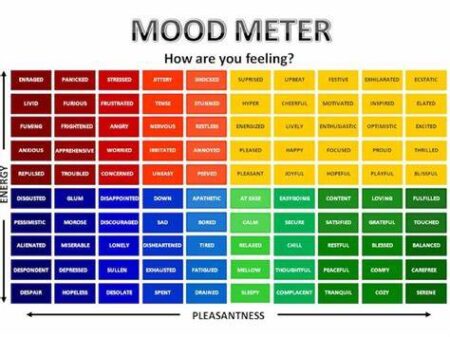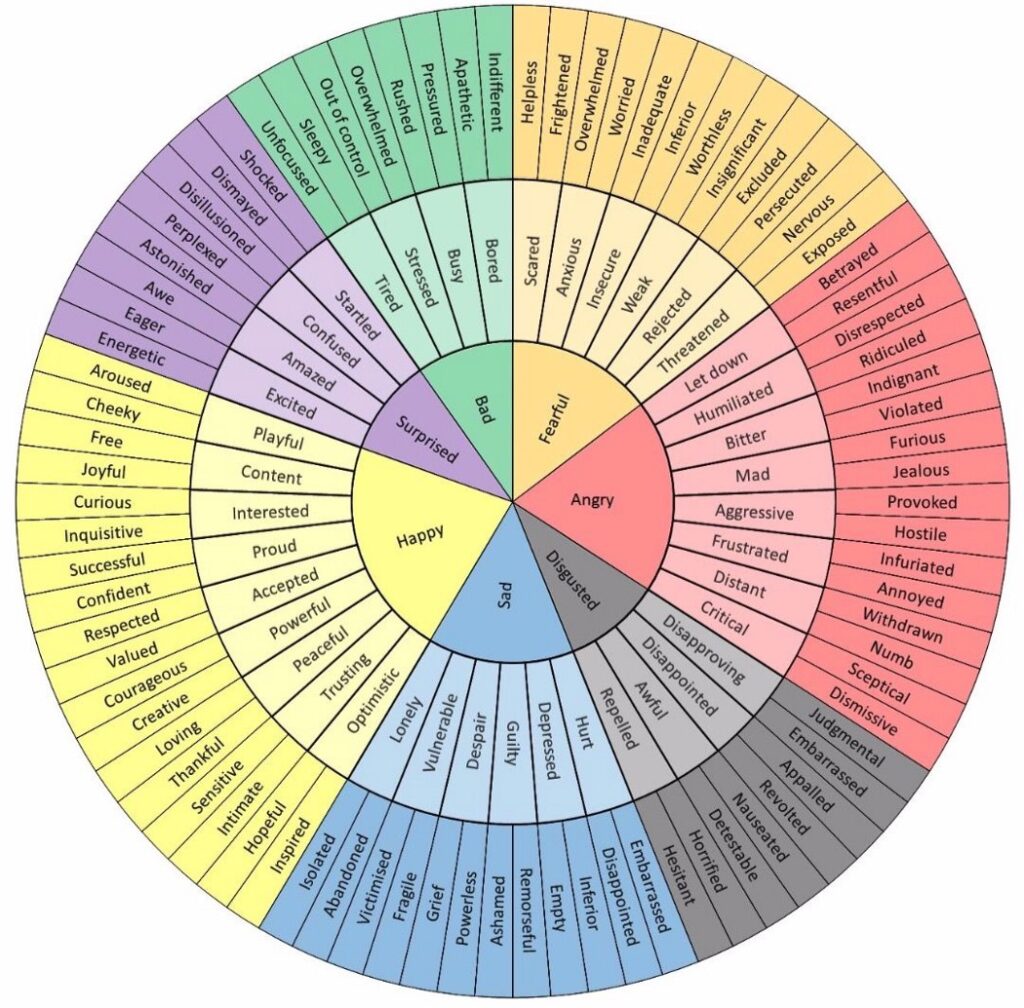Step Up your Experiential Leadership Training
We had the pleasure of Jamie Thompson’s insight during a Trainers Warehouse Show & Share conversation. Jamie is the principal of MTa Learning, a game development company based in the UK. As a seasoned developer of experiential learning leadership activities, Thompson shared a handful of memorable tips. Because of groups’ interest in emotional intelligence, we also discussed a bunch of ways we can improve EQ training for our leaders.
Consider the Learning Journey
In response to many leaders’ requests for leadership training, trainers are often asked to conduct complex experiences for their management and leadership teams. While games must be intellectually demanding enough to challenge leaders, and reflect the complexity of their environments, trainers should resist the impulse to begin with such challenges before developing basic teaming and communication skills. Note: Thompson’s suite of MTa Team Development and Insights games offer a rich menu of experiences that will allow you to step up the activities as leaders become ready for new challenges.
Adapt Games for Emotional Intelligence Training
Several participants articulated an interest in developing their leaders’ EQ skills. While the group shared a roster of Emotional Intelligence Activities, we also discussed these approaches:
Draw out emotions
You might not have access to an EQ-specific game. If not, you can elicit “emotional friction” by altering a game’s rules:
- Take away supplies that might be needed to complete a task
- Equip a competing team with some of the necessary resources and instruct that team that they should be wary of sharing their limited supplies
- Blindfold players and add “noise” – perhaps a blindfolded participant needs to receive instructions from three other people in a noise room.
- Develop visual or auditory obstructions – imagine a team needs to replicate a structure, but can’t see it and can only talk to the “architect” once, for a limited amount of time.
- Limit time – create urgency and/or not enough time to come to a full understanding of another’s perspective or information
- Instruct some team members to “be difficult,” “refrain from active listening,” or undermine another’s efforts.
In each of these examples, the team experience will be challenged and create some degree of frustration. By manufacturing this friction, teams will come to appreciate the impact of vulnerability and the necessity of trust and emotional intelligence (self-awareness, self-regulation, emotions, empathy, social skills).
Discuss the impact of those challenges, behaviors, and approaches in your debrief and relate the learning to workplace issues.

Develop a vocabulary of emotions using a Mood Matrix or Wheel of Emotions
These two models will help your groups develop a lexicon of emotions and better identify and discuss their own and other’s feelings. To introduce these models, you might begin by asking: “How are you feeling?” See how many people instinctively reply, “fine” or “good.”
Afterwards, introduce one of these colorful illustrations to help them better understand the huge range of feeling that they might call upon.
- Matrix: On an emotional Mood Matrix you find Intensity or Energy on one axis, and Pleasantness on the other. Emotions are sorted in this manner. Several card decks of emotions identify emotions according to these quadrants including the Emotions Card Deck and Playmeo’s Emoji Deck.
- Wheel: Then show them an adaptation of the Robert Plutchik Wheel of Emotions and ask how they REALLY FEEL. We have so many words to describe feelings, encourage your group to find the words that reflect their true emotions.

Choose Intellectually and Cognitively Demanding Experiences
As Jamie reiterated, the quality of your experiential leadership activity will depend upon the:
- Degree to which it is intellectually demanding
- Quality of the facilitation instructions in setting up and drawing out learning points.
While you can adapt many games to suit the needs of your groups, be sure to select your games based on their ability to elicit the lessons that will be most useful to your group!

